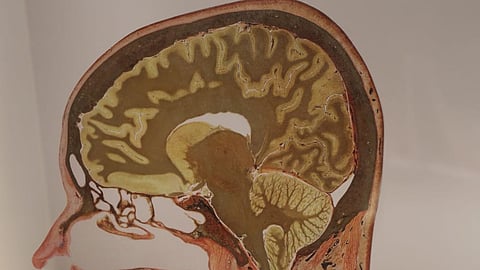Life-changing results
On average, treatment with ibogaine immediately led to significant improvements in functioning, PTSD, depression and anxiety. Moreover, those effects persisted until at least one month after treatment — the endpoint of the study.
Before treatment, the veterans had an average disability rating of 30.2 on the disability assessment scale, equivalent to mild to moderate disability. One month after treatment, that rating improved to 5.1, indicating no disability. Similarly, one month after treatment participants experienced average reductions of 88% in PTSD symptoms, 87% in depression symptoms and 81% in anxiety symptoms relative to how they were before ibogaine treatment. Formal cognitive testing also revealed improvements in participants’ concentration, information processing, memory and impulsivity.
“I wasn’t willing to admit I was dealing with any TBI challenges. I just thought I’d had my bell rung a few times — until the day I forgot my wife’s name,” said Craig, a 52-year-old study participant from Colorado who served 27 years in the U.S. Navy. “Since [ibogaine treatment], my cognitive function has been fully restored. This has resulted in advancement at work and vastly improved my ability to talk to my children and wife.”
“Before the treatment, I was living life in a blizzard with zero visibility and a cold, hopeless, listless feeling,” said Sean, a 51-year-old veteran from Arizona with six combat deployments who participated in the study and says ibogaine saved his life. “After ibogaine, the storm lifted.”


